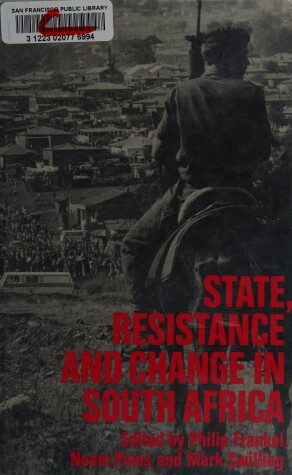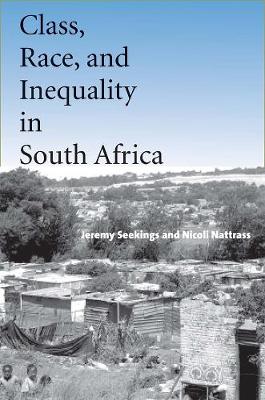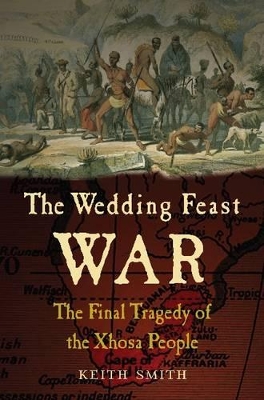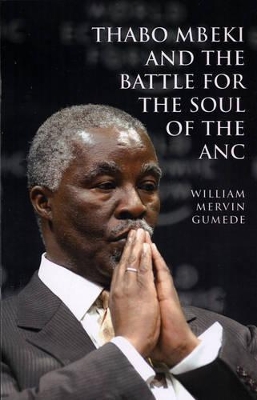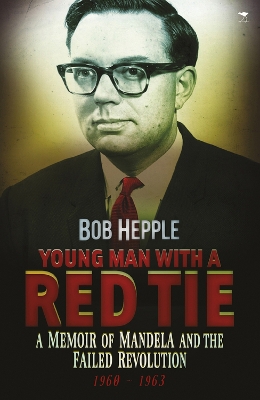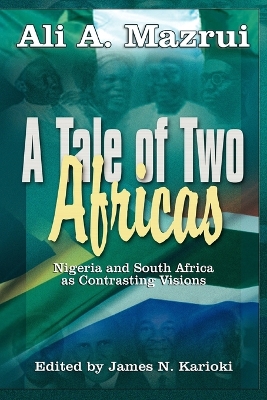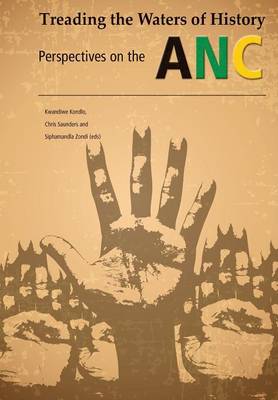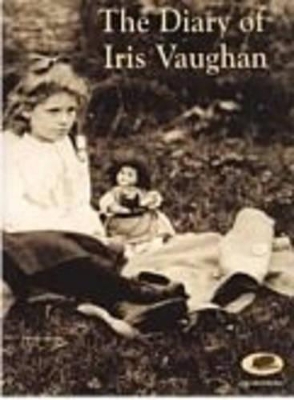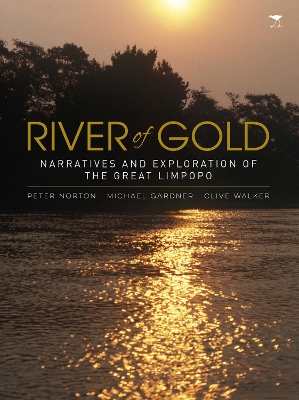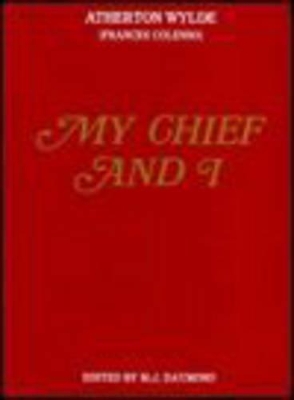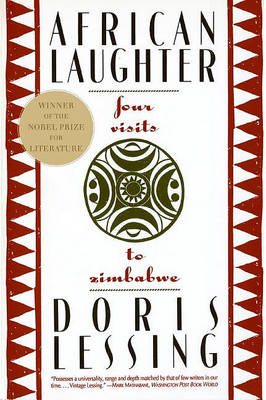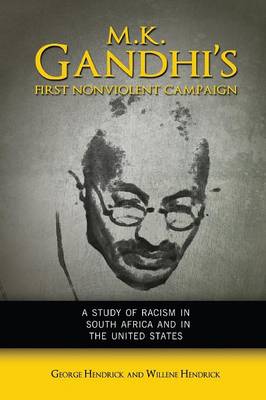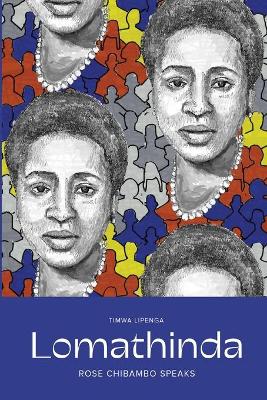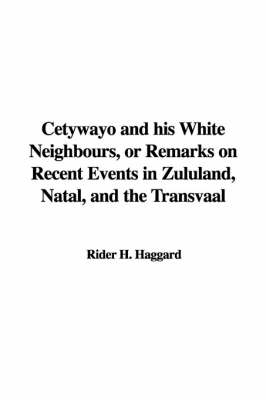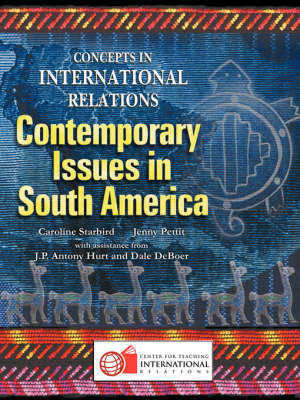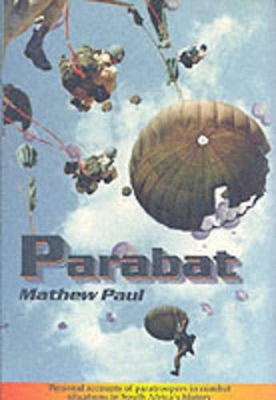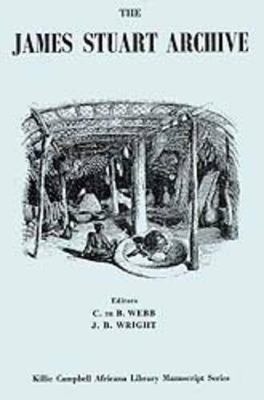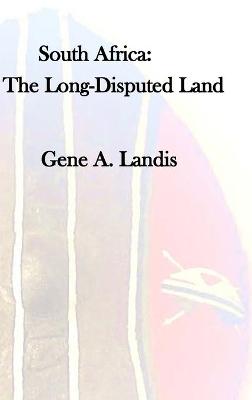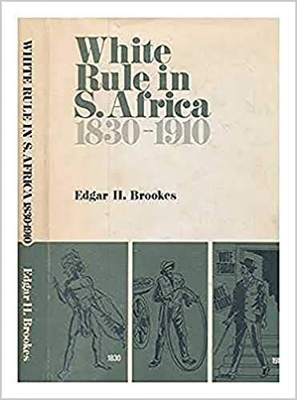This book examines the relation between the state, business, the military and the formation of policy when the basis of the state is under attack.
The distribution of incomes in South Africa in 2004, ten years after the transition to democracy, was probably more unequal than it had been under apartheid. In this book, Jeremy Seekings and Nicoli Nattrass explain why this is so, offering a detailed and comprehensive analysis of inequality in South Africa from the midtwentieth century to the early twenty-first century. They show that the basis of inequality shifted in the last decades of the twentieth century from race to class. Formal deracia...
Wedding Feast War: The Final Tragedy of the Xhosa People
by Keith Smith
The last of the nine Frontier Wars fought between 17991877 was in many ways a 'prequel' to the more famous Zulu War of 1879, featuring as it did many of the British regiments and personalities who were to fight at Isandlwana, as well as being the final defeat of the Xhosa people and their reduction to lowly workers for the colonists. This war saw conflict between the British authorities (the governor-general and the commander-in-chief) and the government of the Cape, leading to the dismissal o...
Thabo Mbeki and the battle for the soul of the ANC
by William Mervin Gumede
As a spokesman for a country, a continent and the developing world, Thabo Mbeki plays a crucial role in world politics, but to many people he is an enigma. Is this simply because Mbeki is a secretive man, or are there complicated political factors at play? In this book, experienced journalist William Gumede pulls together the insights he has gained from years of reporting on the Mbeki presidency to create a sophisticated but easy-to-read account of South Africa's seat of power. He explores the c...
By November of 1963, the white police state of South Africa had managed to capture nearly all of the underground leaders of the antiapartheid movement-including Nelson Mandela-and had put them on trial on charges that carried the death penalty. Among the arrested was Bob Hepple, a 29-year-old lawyer who would subsequently escape to the neighboring British Protectorate of Bechuanaland. In this memoir of these dramatic events, Hepple throws fresh light on the character of Mandela and other leaders...
The Road to Democracy in South Africa, Volume 4 (Road to Democracy in South Africa Abridged)
Volume 4 in the series focuses on the 1980s and 'further fortifies the intellectual traditions set by the earlier volumes'. Included in the volume are chapters by Bernard Magubane on the apartheid state; Sifiso Ndlovu on the ANC and negotiations; Bhekizizwe Peterson on the the arts; Zine Magubane on women's struggles; Gregory Houston on the ANC's underground and armed struggle; Thami ka Plaatje on the PAC; Mbulelo Mzamane and Brown Maaba on the BMC and AZAPO; Eddy Maloka on the SACP; Christopher...
After the so-called Langalibalele rebellion of 1873, Colonel Anthony William Durnford was blamed for the loss of three colonists at the Bushmans River Pass. In this book, written under a male pseudonym, the author sought to vindicate the action of the man she loved.
In this portrait of Doris Lessing's homeland, the author recounts the visits she made to Zimbabwe in 1982, 1988, 1989 and 1992, after being banned from the old Southern Rhodesia for 25 years for her political views and opposition to the minority white Government. The visits constitute a journey to the heart of a country whose history, landscape, people and spirit are evoked by the author in a narrative of detail. She embraces every facet of life in Zimbabwe from the lost animals in the bush to p...
M. K. Gandhi's First Nonviolent Campaign
by George Hendrick and Willene Hendrick
Cetywayo and His White Neighbours, or Remarks on Recent Events in Zululand, Natal, and the Transvaal
by Rider H Haggard
This is an in-depth look at how South Africa is being shaped. Drawing directly on the experience of ordinary South Africans, both black and white and from all walks of life, the author examines the changes that are being witnessed throughout the country and the effects of these changes on people. With chapters on violence, power and privilege, sport, the Boers and the Zulus, the author also explores what it's like to be a young South African in the mysterious world of courtship and teen-crime, w...
Contemporary Issues in South America
by Jenny Pettit and Caroline Starbird
This multi-volume series is an indispensable research tool for scholars working on the history and ethnography of the Zulu kingdom and neighbouring states. James Stuart was an official in the Natal colonial civil service in the 1890s and early years of the twentieth century. In meticulously recorded interviews with hundreds of informants, the great majority of them Africans, he assembled a vast and unique collection of notes on the traditions and customs of the Zulu and neighbouring peoples. Vol...
